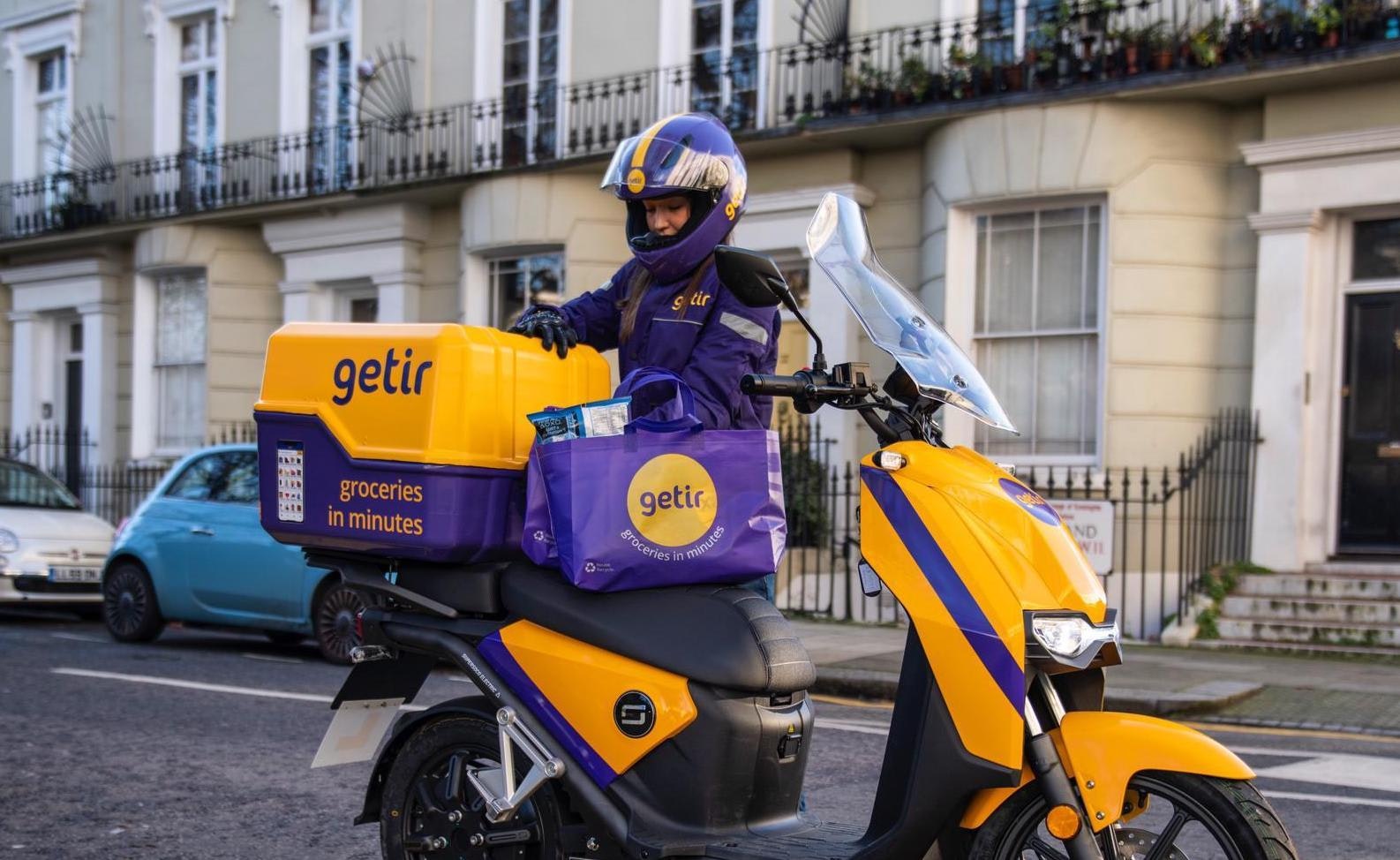Speedy grocery company Zapp has become the latest company to suffer in the tech downturn, telling 10% of its staff that they are facing redundancy.
The London-based company told staff the news last week during an all-hands meeting and then in an email, which has been seen by Sifted.
The company said the 10% of staff set to be cut, which Sifted estimates to be between 200 and 300 employees, have entered into redundancy consultation — a formal HR process where staff and their employer discuss ways to mitigate job losses.
“Today we are very sad to say that we will be entering a period of restructuring of our central team and of our store network,” Zapp’s founders said in the email. They cited increased inflation, the war in Ukraine and supply chain disruption as factors behind the layoffs. Zapp has confirmed the layoffs to Sifted separately.
The redundancy consultation period is estimated to take several weeks. The internal email also clarified that any employees who leave before their equity cliff period ends will still retain their vested shares.
“The current macroeconomic climate has become incredibly challenging, with very little visibility of when things will improve,” a spokesperson for Zapp tells Sifted. “This uncertainty is seeing investors reduce their risk appetite considerably, favouring profitability over growth.”
Zapp store closures
Zapp has already closed its Cambridge and Bristol operations. The proposed redundancies would mean closing its Manchester stores too, leaving Zapp’s only operations in London.
A person familiar with the company’s operations told Sifted it does plan to close some of its London stores too, though it has recently opened two new ones, including one in Canary Wharf.
It's proposing to close the stores that bring in the least revenue, the person said, but it would still be able to serve more than 90% of its existing customer base in the city after the stores close.
A Zapp spokesperson says the company periodically reviews its dark store coverage and that the store closures would “drive efficiency and increase order volume at adjacent stores in London as we focus on achieving profitability much more quickly”.
According to a source, Zapp has also entered into a partnership with Jiffy — a rival speedy grocery company which closed operations last week. Jiffy announced it would be halting all consumer-facing grocery operations to focus on its software offering. Jiffy’s app will soon direct its customers to Zapp.
The formal news of the partnership is expected as soon as tomorrow.
The mood sours on speedy grocery startups
Zapp was founded in 2020 — the heyday of speedy grocery, when new players were entering the market on an almost weekly basis. It has gone on to raise $300m in funding, including a $200m Series B round in January this year, from investors including Atomico and Lightspeed.
Zapp isn’t the first company in the industry to suffer layoffs this week. On Monday evening, it was reported that German company Gorillas is to let 300 of its staff go. In April, US-based Gopuff also announced it would be letting go of 3% of its employees, which equates to around 450 people.
Investors have long raised concerns about the profitability of the speedy grocery delivery model. None of the companies have managed to make a profit on orders at a country level — besides Getir, the oldest of the cohort, which reports being profitable in its home market of Turkey.
The industry had managed to stay afloat by injecting itself with increasingly large rounds of VC cash, but the cost-of-living crisis and reduced consumer spending is causing the sector trouble.
Other parts of Europe’s tech world are also suffering. Earlier this week, Klarna, the buy now, pay later giant, announced that it would be laying off 10% of its global team.
Online events platform Hopin, headquartered in London, also let 138 employees go in February — equivalent to 12% of its staff. Last week, Swedish healthtech company Kry confirmed it was letting go 10% of its employees, which equates to 100 people.


